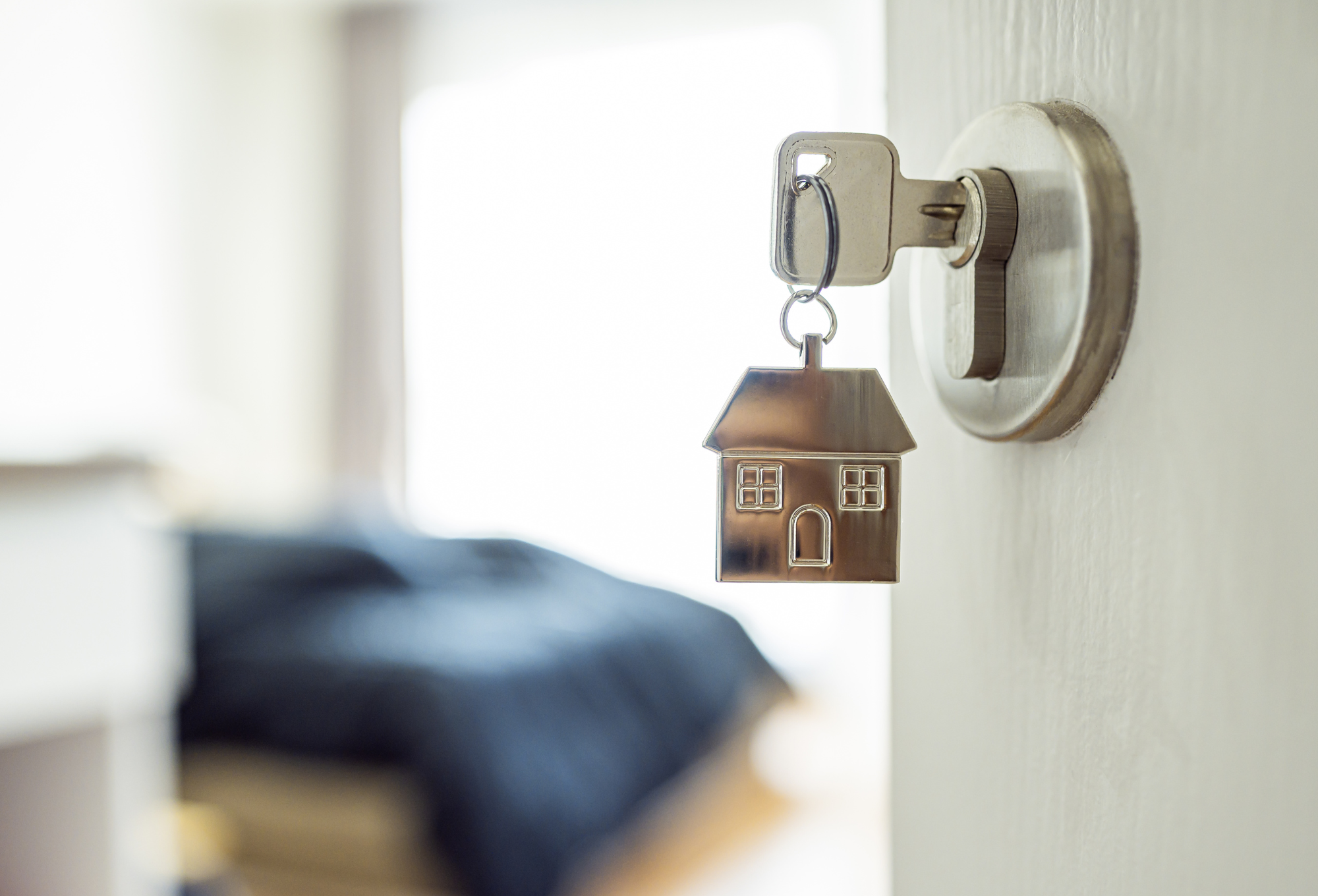Renting a property is based on a precise legal framework that sets out the rights and obligations of the landlord towards the tenant. These obligations are designed to ensure the safety and well-being of the occupants while preserving the integrity of the property. For landlords, a clear understanding of these responsibilities is essential to avoid any disputes or legal penalties.
This article sets out the landlord’s main obligations, taking into account recent legislative developments.
A constantly evolving legal framework
The landlord of a property used as a main residence is required to comply with a number of obligations defined by law no. 89-462 of 6 July 1989. These obligations are designed to guarantee decent accommodation, peaceful enjoyment of the property and transparency in the information provided to the tenant.
From 1 January 2024, tenancy agreements must include three new items of information:
- The energy requirements timetable,
- The home’s energy performance class (DPE),
- The property’s tax identification number.
In addition, the 3DS Act requires rental advertisements to include clear information on pricing conditions and rent controls in the areas concerned.
1. Guaranteeing decent housing
Decree no. 2002-120 of 30 January 2002 sets out the criteria for decent accommodation:
- A minimum living area of 9m² with a ceiling height of at least 2.20m,
- The absence of risks to the health and safety of occupants (installation of a smoke detector, absence of pests, etc.),
- An energy performance level in line with current requirements, i.e. a classification between A and F from 1 January 2025,
- The presence of essential facilities: heating, drinking water supply, drainage.
From 1 January 2023, homes with an energy performance rating of G can no longer be rented out, reinforcing the requirements for energy renovation.
2. Maintain the home and carry out repairs
The landlord is responsible for major repairs and repairs due to the dilapidated state of the property. The work for which the landlord is responsible includes :
- Repair or replacement of heating and domestic hot water equipment,
- Bringing electrical and gas installations up to standard,
- Structural repairs (roof, walls, floors),
- Maintenance of communal areas if the property is in a co-ownership.
In the case of non-urgent work, the landlord must obtain the tenant’s agreement before carrying out the work. If the work exceeds 21 days and affects the use of the property, the tenant may be entitled to a proportional reduction in rent.
3. Informing tenants about their energy consumption
Since 25 October 2020, landlords have had to provide tenants with an assessment of their energy consumption if the property is equipped with a system for individualising heating or hot water costs.
In addition, an energy performance report (DPE) must be given to the tenant before the lease is signed. This document assesses the property’s energy consumption and informs the tenant of any improvements that need to be made.
4. Authorise certain work by the tenant
The tenant may carry out work to adapt the property in the event of disability or loss of autonomy, without the landlord being able to demand that the property be restored to its original state. Similarly, decree no. 2022-1026 of 20 July 2022 authorises energy renovation work to be carried out by the tenant, subject to a certificate of completion.
The landlord cannot object to certain improvements made by the tenant, as long as they do not compromise the structure of the building.
5. Ensuring peaceful enjoyment of the home
The lessor must guarantee the lessee peaceful occupation of the property and protect him/her from any disturbance. However, he cannot be held responsible for nuisances caused by third parties if he has taken all the necessary measures to put a stop to them.
It must also ensure that the common areas and communal facilities function properly, particularly in condominiums.
6. Provide rent receipts free of charge
At the tenant’s request, the landlord must send rent receipts free of charge. Since the ALUR law of 2014, they can be sent in electronic format with the tenant’s consent.
Receipts must clearly detail the sums paid by the tenant (rent and service charges) and be sent without undue delay.
Penalties for non-compliance
Law no. 2024-322 of 9 April 2024 provides for criminal penalties for landlords who fail to comply with their obligations: refusal to draw up a proper contract, to provide a receipt or to disclose compulsory information. These breaches may result in :
- A fine of up to €20,000,
- A prison sentence of up to one year,
- A temporary or permanent ban on letting unfit accommodation.
Conclusion
The landlord’s obligations are designed to ensure a balance between the tenant’s rights and the landlord’s duties. In the event of non-compliance with these obligations, the tenant may take amicable or legal action before the departmental conciliation commission or the competent court.
➡ Advice: For efficient rental management and a reliable valuation of your property, call on us. Thanks to our expertise and personalised support, our agency can help you rent or find your property with complete peace of mind!



